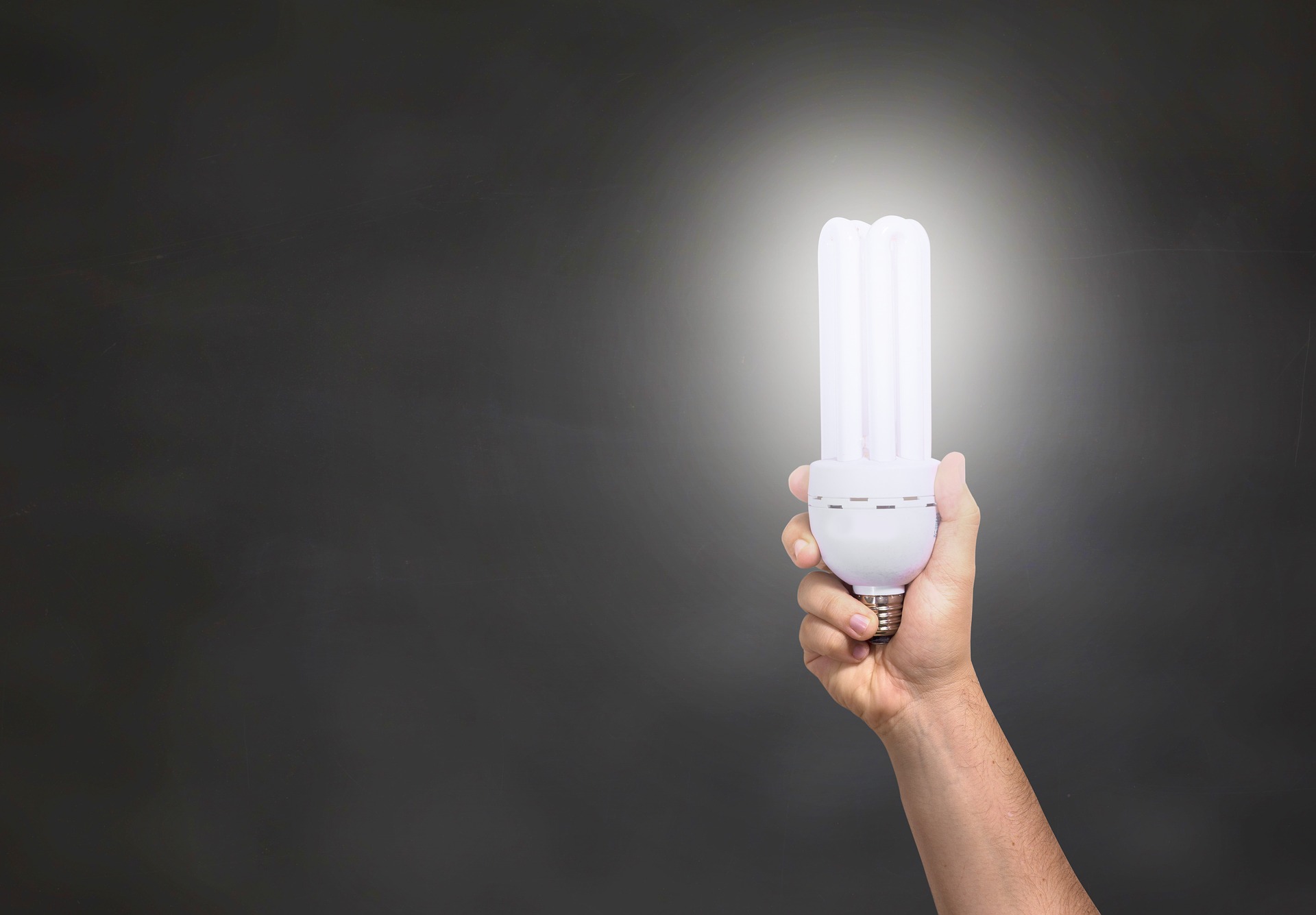
Tell state lawmakers: Phase out inefficient light bulbs that contain toxic mercury
State bill to get lead out of drinking water at Massachusetts schools and child care centers.
SEND A MESSAGE
An Act ensuring safe drinking water at schools
filed by Sen. Lovely (S526) & Rep. Lipper-Garabedian (H851)
Lead is a potent neurotoxin that impairs how our children develop, learn, and behave. Yet, according to the lead testing data from the Department of Environmental Protection, more than 80% of the 62,557 taps tested from 1738 schools and child care centers across Massachusetts since 2016 tested positive for lead. The majority (60%) of those lead levels were in concentrations greater than the 1 part per billion (ppb) limit for lead recommended by the American Academy of Pediatrics.
This bill protects children’s health by getting the lead out of the water at all schools and child care centers by requiring the installation of lead certified filters or water filling stations and regular and transparent testing of water at schools. The bill establishes a health-based lead level standard for schools and child care centers of 1 ppb and requires the immediate shut-off of outlets with elevated levels of lead.
Lead is a potent Neurotoxin, and exposure to lead has been linked to a variety of health problems, including intellectual and behavioral disabilities, lowered IQ, stunted growth, hearing loss, and anemia.
Children are especially at risk of lead poisoning and health problems related to lead exposure, as physical and behavioral effects have been shown to occur at lower exposure levels in younger people.
There is no safe level of lead exposure according to the Center for Disease Control (CDC)and the Environmental Protection Agency (EPA). This is particularly true for children, as lead has been shown to bio-accumulate in the body over time with repeated exposure.
No effective treatment exists to ameliorate the permanent developmental effects of lead toxicity, according to the American Academy of Pediatrics. Prevention is the most efficient and most cost-effective means of treating lead poisoning.
In Massachusetts, tests have shown that 80% of the 62,557 taps tested from 1,738 schools and child care centers across Massachusetts tested positive for lead. The majority (60%) of those lead levels were in concentrations greater than 1 ppb limit recommended by the American Academy of Pediatrics. (Data available at the Department of Environmental Protection)
Any drinking water tap or faucet testing above 1 ppb of lead must be shut off.
Requires schools and child care centers to install and maintain filters certified to remove lead on all faucets used for drinking or cooking, and/or to install filtered water bottle filling stations throughout the building if at least one drinking water tap is found to have lead in excess of 1 ppb.
Schools and child-care centers must identify the source of lead contamination and ultimately remove or replace lead-bearing fixtures and plumbing where feasible and cost-effective.
Authorizes funding under the Water Pollution Abatement Revolving Fund administered by the Massachusetts Clean Water Trust. The Fund currently funds programs for water testing, and other programs to remove or remediate lead in water at schools and child care centers. SWIG, (School Water Improvement Grants) for example provides grants to schools and child care facilities for new water filling stations filtered to remove lead.
Mandates annual lead testing of water outlets used for drinking or cooking at schools and child-care centers. Test results must be easily accessible to the public. If elevated lead levels are found, the school or child care center is required to notify parents, teachers, and other school staff of: the results of the tests; the remediation measures being taken; and general information about lead in drinking water. The Department of Environmental Protection currently discloses the voluntary testing data.
This bill authorizes the Commissioner of the DEP to grant a “hardship waiver” to a school or child care center if that school or center is unable to comply with any or all of the provisions required by the bill, provided the school district or child care center hold a public meeting about the plan to apply for the waiver.
Deirdre runs MASSPIRG’s public health, consumer protection and tax and budget programs. Deirdre has led campaigns to improve public records law and require all state spending to be transparent and available on an easy-to-use website, close $400 million in corporate tax loopholes, protect the state’s retail sales laws to reduce overcharges and preserve price disclosures, reduce costs of health insurance and prescription drugs, and more. Deirdre also oversees a Consumer Action Center in Weymouth, Mass., which has mediated 17,000 complaints and returned $4 million to Massachusetts consumers since 1989. Deirdre currently resides in Maynard, Mass., with her family. Over the years she has visited all but one of the state's 351 towns — Gosnold.